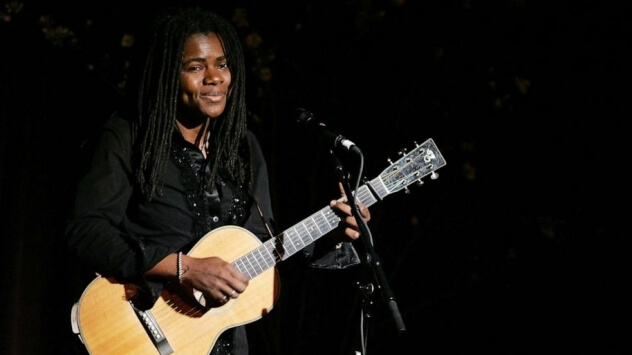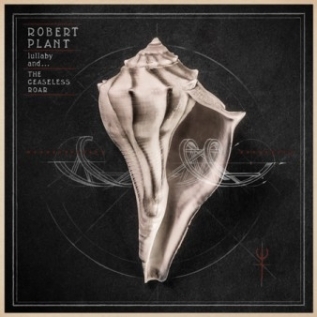At 60+ years of age most rock legends are sticking to capitalizing on their fame (earned some decades ago); producing uninspired new albums that fans try desperately to like; touring the world with their greatest hits and waiting for that ever eluding Rock and Roll Hall of Fame invitation.
Not Robert Plant, though.
Despite the deafening fan roar for the reunion of The-great-band-he-once-fronted, Plant prefers going his own way. And it’s a road leading him away from guitar roar and the live version of ‘Stairway to Heaven’ so many fans crave for.
Strange though it may sound, Plant’s own Renaissance only started after collaboration with long time creative partner Page came to an end. Granted, ‘Walking into Clarksdale’ and ‘No Quarter’ were both great albums, but it was after them that Plant came stronger. And more free than ever. So free, he could explore wiuth somewhat of a childish enthusiasm the unfading beauty, silent sorrow and layered wisom of old blues, Afro-American jazz and European folk music. He even ventured into bluegrass and country (lead by Alison Krauss) and the result – the ‘Raising Sand’ not only debuted at #2 at Billboard but also granted Plant a Grammy.
Thus, for people longing for something similar to The-great-band-he-once-fronted, ‘Lullaby and… The Ceaseless Roar’ would come as a disappointment. But for those enjoyed thoroughly ‘Mighty Rearranger’, ‘Raising Sand’ and ‘Dreamland’, the new Plant (and The Sensational Space Shifters) release would come as no surprise but as a damn good continuation of what started in 2002.
And if we should touch on the subject of freedom once more, the best description of ‘Lullaby and… The Ceaseless Roar’ is the following – it’s a record ripe with the sound of freedom. Here Mississippi blues meets electronic beats while African one-string instruments weave exotic melodies next to lyrics, heavily inspired by Welsh folk tradition.
Even though it could be described as dynamic (check out the multicultural brew that ‘Embrace Another Fall’ is), the album comes mostly as quiet, introvert and often sad (check ‘A Stolen Kiss’ from the lyrics of which to album title is derived). Approach to recording and sound is more on the ruff side, more analog and unpolished and retro. Just the right approach, really, when doing a version of ancient bluesman Lead Belly’s track (‘Poor Howard’).
Plant’s voice befits this kind of music greatly and most naturally – this is not the mighty roar of the young Englishman who sang ‘How Many More Times’ but the voice of a traveler who has grown older, wiser and was transformed by all the miles travelled. A traveler with a lot more stories to tell.

